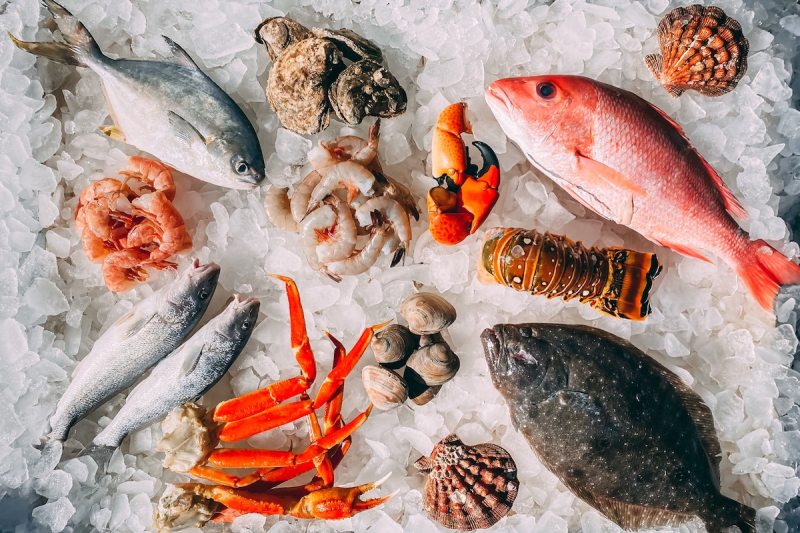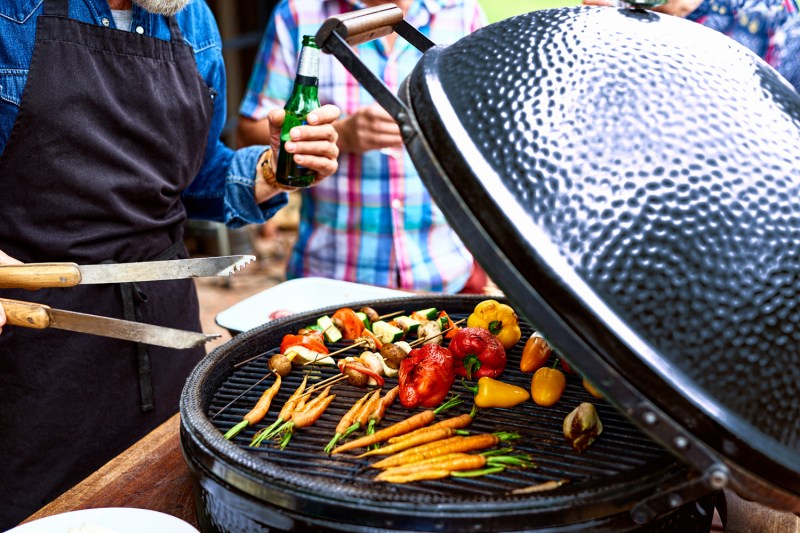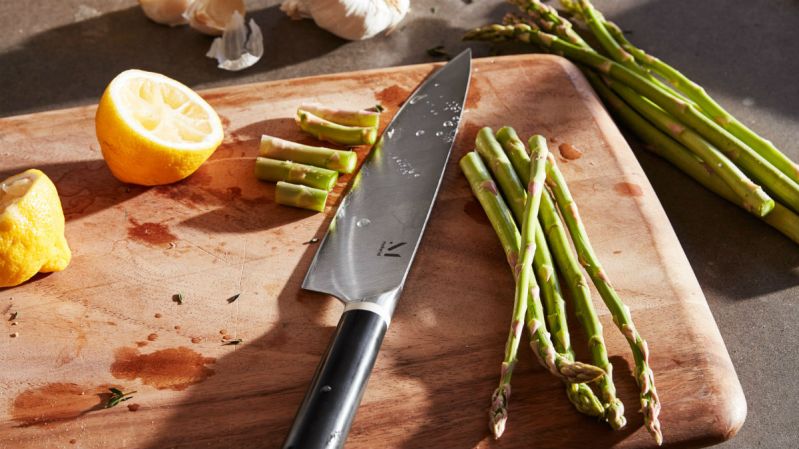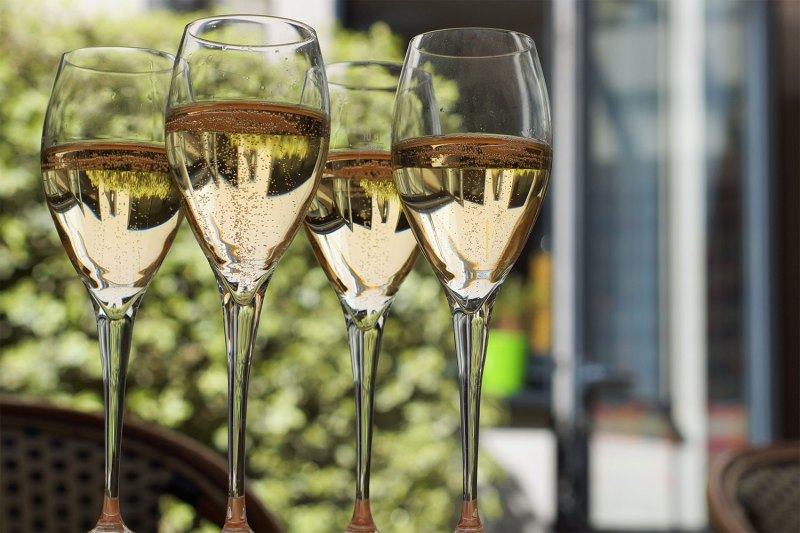Like a lot of things, wine has its own set of rules and customs. Many of those, of course, are meant to be defied or broken. This is especially the case now, as we find ourselves in an era of experimental winemaking and inventive culinary culture.
But it’s not always easy to get a pairing right and some are markedly more difficult than others. Even the best wines out there will let you down when they’re served with the wrong dish. The key is trial and error and an open mind. This approach will lead you to match flavor profiles you might have never thought possible.

We talked to a couple of pros about common myths they deal with and how to address them. After all, spring is here and we’re eager to not only crack some fresh wines but match them with seasonal goodies and items from the produce aisle or favorite farm stand.
Myth: Red Wine Doesn’t Pair with Fish

Derek Einberger is the winemaker at Dobbes Family Estate in the Willamette Valley. Prior to his current role, he’s made wine all over the place, from Italy and California to British Columbia. He’s used to hearing about how fish can only be served with white wines like Pinot Grigio or Chardonnay. While this approach to pairing wine and seafood is common and can work wonders, it’s not the only way.
Red wine doesn’t pair with fish? “Not true,” Einberger says. “Many Pinot Noirs have the lightness and finesse desirable for pairing with salmon, especially when the wine is from Oregon and when the fish is grilled and topped with herb butter or a dark-fruited sauce.”
Pinot Noir is one of the best choices but there are other lighter reds suitable for the job. Try something like Gamay Noir, Zweigelt, Pinotage, or even a Schiava or Valpolicella.
Myth: You Can’t Pair Wine with Smoked Foods

Coly Den Haan is a sommelier out of Los Angeles who runs Vinovore. She’s the first to admit that dealing with smoked food from a wine perspective can be tricky, but certainly not impossible. “Smoked food can be a challenge,” she admits. “It’s important to counterbalance the smoke-note, not heighten it to the point of being an overwhelming flavor.”
She likes to do so with certain veggies, especially. “The crisp and slight crunch of baby carrots needs a well-textured mouthfeel but nothing too rich that will weigh the delicateness of the vegetable down. While the fresh sweetness of the carrot and sticky sweetness of the BBQ sauce will need a wine with the slightest sweetness itself to harmonize, we are far from looking for a dessert wine,” she says.
Den Haan likes to look at every angle of the dish to really hone in on a wine that will not only work, but enhance the food. “Next comes the challenge of tang from the vinegar, which demands acid to keep it all bright and refreshing as a spring meal should be,” she continues. “While there are several German Rieslings that would be up to the task, I think a Chablis with all its complicated class would be a lovely pairing!”
Myth: Asparagus Doesn’t Go with Wine

Asparagus is thrown under the bus often but the spring ingredient can, in fact, do well with wine. Granted, a meaty red or oaky white will make the vegetable taste like a tin can. However, if you play off of the grassy, green notes of asparagus, you can find some delicious common ground in the glass. Try a zippy Sauvignon Blanc or Gewurztraminer. A good Grüner Veltliner is up to the task as well, and so too is a lighter Chardonnay, made entirely in stainless steel (just steer away from any new oak).
Einberger loves vegetables and likes how Pinot Noir fares with many of these dishes, especially when complementary flavors are in the mix. He loves the lighter red with dishes that can play of the fruit and earth — things like truffles, mushrooms, and goat cheese. Artichokes can be challenging too as they contain cynarin, which can clash with certain wines. A fun and tasty pairing can be achieved with Txakoli or a red from the Loire.
Myth: Sparkling Wine and Food Don’t Mix

We tend to drink sparkling wine on its own, sipping it in celebration or before a meal. Why? Anybody who’s had Champagne with fried chicken and waffles or a bit plate of oysters knows that fizzy wine and good can coexist beautifully. With citrus still somewhat in season, try a bright, lemon or orange-driven salad with a glass of sparkling Rose. Whip up some zippy chicken pancetta and pair it with a Prosecco. Try a light and fruity Pet-Nat with spring-fresh fruits like mango or melon wrapped in prosciutto. Also, sparkling wine can really make junk food sing. Try it with items like French fries, cheap mac n’ cheese, or salty vending machine snacks.


